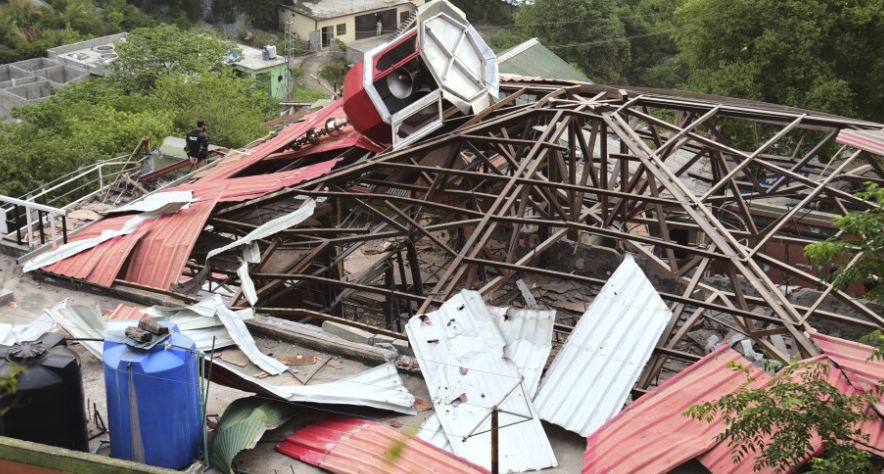The military operations chiefs of India and Pakistan will hold discussions on Monday to determine the next steps for the nuclear-armed neighbours, following a ceasefire that has brought relative calm to the border after their fiercest fighting in nearly three decades, according to Reuters.
There were no reports of explosions or projectiles overnight, following some initial ceasefire violations. The Indian Army stated that Sunday marked the first peaceful night in recent days along the border, although some schools remain closed as a precaution.
A ceasefire announced on Saturday in the volatile Himalayan region of Kashmir, facilitated by US President Donald Trump, came after four days of intense cross-border firing and diplomatic engagement. The development followed mounting pressure from Washington to de-escalate hostilities between the two countries.
India’s military reported that it had sent a formal “hotline” communication to its Pakistani counterpart on Sunday, raising concerns over ceasefire violations that occurred the previous day. A senior Indian Army officer indicated that the message conveyed New Delhi’s firm intention to respond to any further infringements.
However, Pakistan’s military has denied any involvement in ceasefire breaches. In a separate statement on Saturday, India’s Ministry of External Affairs confirmed that the Director Generals of Military Operations (DGMOs) from both sides would engage in direct communication on Monday at 1200 hours local time (0630 GMT) to assess the situation. Pakistan has yet to confirm its participation in the scheduled call.
The latest flare-up saw the two adversaries targeting each other’s military installations with missiles and drones. The exchanges reportedly resulted in dozens of civilian casualties, further souring relations after India accused Pakistan of orchestrating an attack that killed 26 tourists. Islamabad has rejected the allegation, instead calling for an impartial international investigation into the incident.
On Wednesday, India announced that it had carried out precision strikes against nine so-called “terrorist infrastructure” locations in Pakistan and Pakistan-administered Kashmir. Pakistan, in turn, claimed that the Indian strikes had hit civilian areas, leading to widespread damage and loss of life.
While Pakistan has expressed appreciation for U.S. efforts in brokering the truce and welcomed President Trump’s offer to mediate the longstanding Kashmir dispute, India has remained silent on Washington’s role. New Delhi maintains its long-standing policy that all bilateral issues with Pakistan, including Kashmir, must be resolved directly and without third-party involvement.
Kashmir has been a flashpoint between the two countries since their independence from British rule in 1947. Both India, a Hindu-majority nation, and Pakistan, which is Muslim-majority, administer parts of the region but claim it in its entirety. The conflict has triggered several wars and countless skirmishes along the Line of Control (LoC), the de facto border dividing Indian-administered and Pakistani-administered Kashmir.
India accuses Pakistan of fuelling a separatist insurgency in Indian-administered Kashmir that began in 1989, providing arms and training to militants. Pakistan denies direct involvement, asserting that it offers only moral, political, and diplomatic support to the Kashmiri people in their pursuit of self-determination.
The latest ceasefire offers a brief pause in a decades-long cycle of violence, though the underlying tensions between the two nations remain far from resolved.


